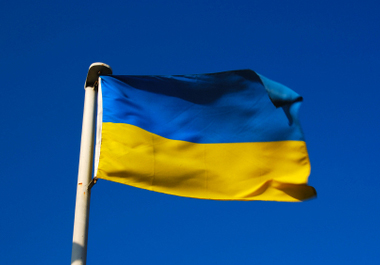
Aug 30, 2019 | Advocacy, Non-legal submissions
The ICJ has presented information to the UN Human Rights Committee in preparation for the Committee’s examination of the eighth periodic report of Ukraine under the International Covenant on Civil and Political Rights (ICCPR).
In this submission, the ICJ draws the Committee’s attention to the situation with the security and independence of the legal profession and Ukraine’s compliance with and implementation of its obligations under Articles 2, 6 and 14 of the ICCPR, as well as the UN Basic Principles on the Role of Lawyers.
The ICJ stresses that attacks on lawyers are likely to lead not only to violations the rights of the individual lawyers concerned, but also to violations of the rights of the clients they represent, including the right to a fair trial (Article 14 ICCPR), the right to liberty (Article 9 ICCPR), the right to freedom from torture or other ill-treatment (Article 7 ICCPR), and the right to an effective remedy (Article 2.3 ICCPR) as attacks on lawyers may, in turn, hinder the provision of effective legal representation.
Ukraine-List of Issues-Advocacy-non legal submission-2019-ENG (full submission, in PDF)
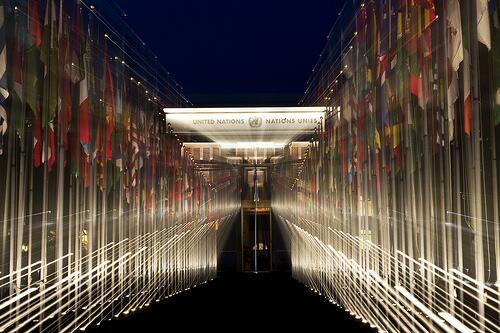
Aug 30, 2019
The ICJ has joined other civil society organisations in calling for increased scrutiny of human rights violations in Cambodia, at the upcoming session of the UN Human Rights Council.
The joint letter to all Member and Observer States of the Council emphasises that the Cambodian government’s actions before and since the July 2018 election demonstrate a comprehensive campaign to use violence, intimidation and courts that lack judicial independence to silence or eliminate the political opposition, independent media, and civil society groups critical of the government.
It calls on the Human Rights Council to adopt a resolution requesting the UN High Commissioner for Human Rights to monitor and report on the situation of human rights in Cambodia and outline actions the government should take to comply with its international human rights obligations.
The letter also says that the High Commissioner should report to the Council at its 45th session followed by an Enhanced Interactive Dialogue with participation of the Special Rapporteur on Cambodia, other relevant UN Special Procedures, and members of local and international civil society.
The full letter can be downloaded in PDF format here: Cambodia-UN statement-Advocacy-OpenLetter-2019-ENG
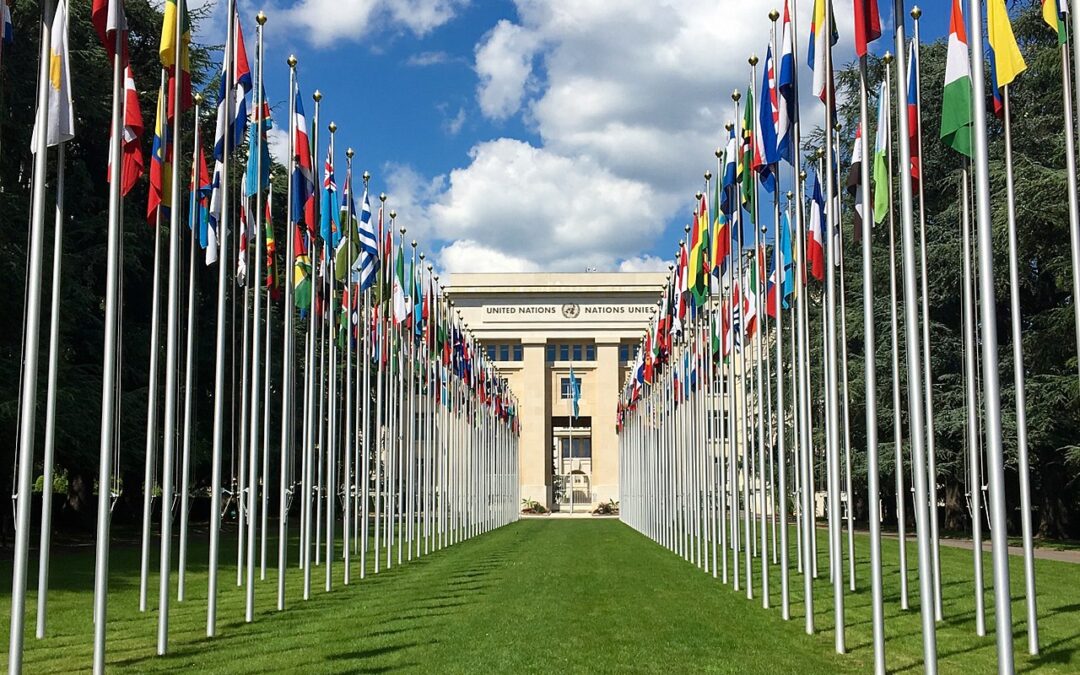
Aug 2, 2019
The ICJ has joined with some 40 other international, African and Burundian NGOs to call on States to extend the mandate of the UN Commission of Inquiry on Burundi, at the September session of the Human Rights Council.
The joint open letter to all delegations ahead of the upcoming 42nd ordinary session of the UN Human Rights Council, highlights the important work and impact of the Commission of Inquiry (CoI) to date, in a context of gross, widespread and systematic human rights violations, which may furthermore escale ahead of elections in 2020.
The NGOs call on Council Members and Observers to, at a minimum, support the extension of the mandate of the CoI on Burundi for a further year, until September 2020, in accordance with the Council’s responsibility to address situations of human rights violations, including gross and systematic violations, to advance accountability, to prevent further human rights violations and abuses, and to follow up on its actions and recommendations.
The Council should also request the CoI to prepare a report with a specific focus on elections and risk factors of human rights violations and abuses and to present it during an enhanced interactive dialogue at the Council’s 43rd session in March 2020.
The letter can be downloaded in full, in PDF format, in English or French.
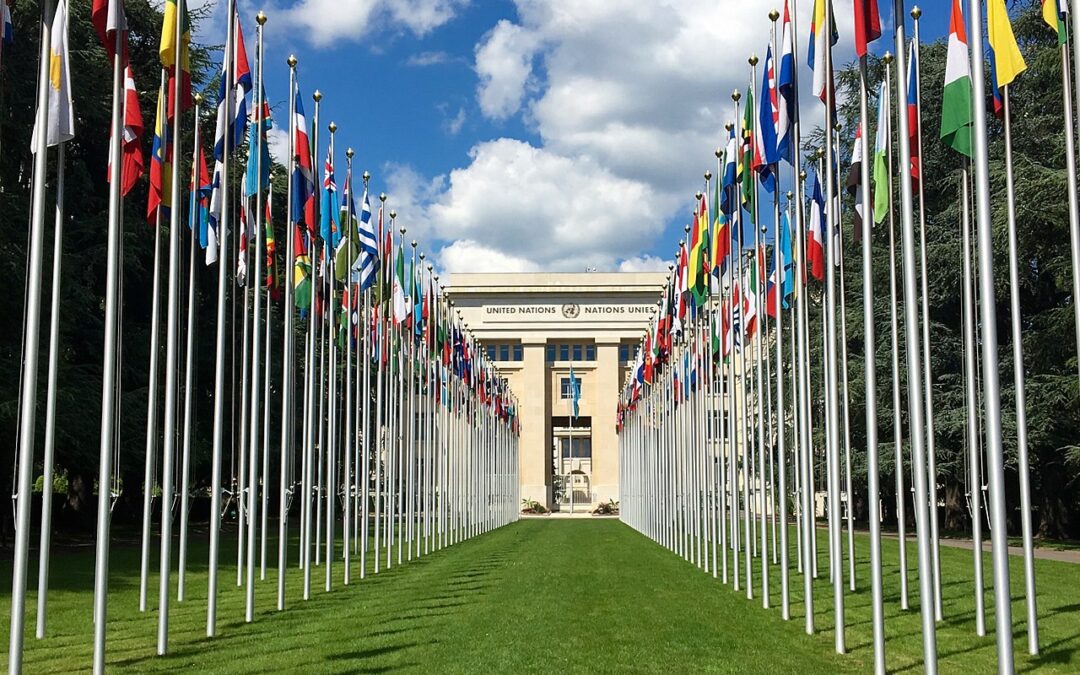
Jul 17, 2019 | Advocacy, News, Non-legal submissions
Today, the ICJ filed a submission to the Human Rights Council’s Working Group on the Universal Periodic Review in advance of its review of Turkey’s human rights record in January 2020.
In its submission, the ICJ considered:
- the situation with the independence of the judiciary in Turkey, during and after the state of emergency of 2016-2018;
- the lack of effective remedies for the mass dismissals in the public sector occurred in that period;
- the shortcomings in fair trial rights in the criminal justice system:
- the obstacles to the action of civil society;
- the lack of accountability for torture and enforced disappeareances; and
- provided information on the status of international human rights treaties ratified by Turkey.
Contact:
Massimo Frigo, ICJ Senior Legal Adviser, e: massimo.frigo(a)icj.org
Full submission in English (PDF) : Turkey-UPR-Advocacy-non-legal submissions-2019-ENG
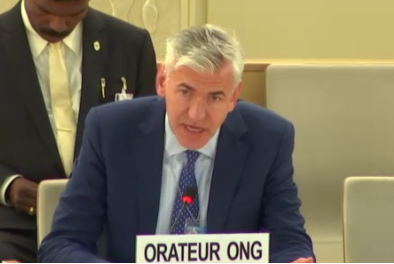
Jul 11, 2019 | Advocacy, Non-legal submissions
The ICJ today called on the Human Rights Council to seek to allow the International Commission Against Impunity in Guatemala (CICIG) to continue its essential work, and to promote similar initiatives elsewhere.
The statement, delivered during a general debate on technical cooperation, read as follows:
“The International Commission of Jurists (ICJ) welcomes the technical cooperation the United Nations has provided to the International Commission Against Impunity in Guatemala (CICIG).
For more than ten years, the CICIG has been essential to the fight against corruption and impunity in Guatemala. It has provided invaluable support to prosecutors and judges in the investigation and and trial of major crimes of corruption.
The combination of provision of technical assistance and actual participation in the proceedings as “querellante adhesivo” (“complementary prosecutor”) has been important to the CICIG’s effectiveness. For instance, the CICIG helped ensure that investigations took place into high-level officers from the Government and against people that had illegally financed their public campaigns. Several public officers have been brought to justice.
The ICJ therefore expresses its deepest concern that the Government of Guatemala has decided to allow the mandate of the CICIG to expire on the 3rd of September, despite its role remaining as essential as ever to the fight against corruption and impunity in the country.
We urge the Human Rights Council to seek to allow the work of the CICIG to continue, as well as to promote more generally the important potential of UN involvement in such mechanisms to strengthen the fight against impunity at the national level.”









